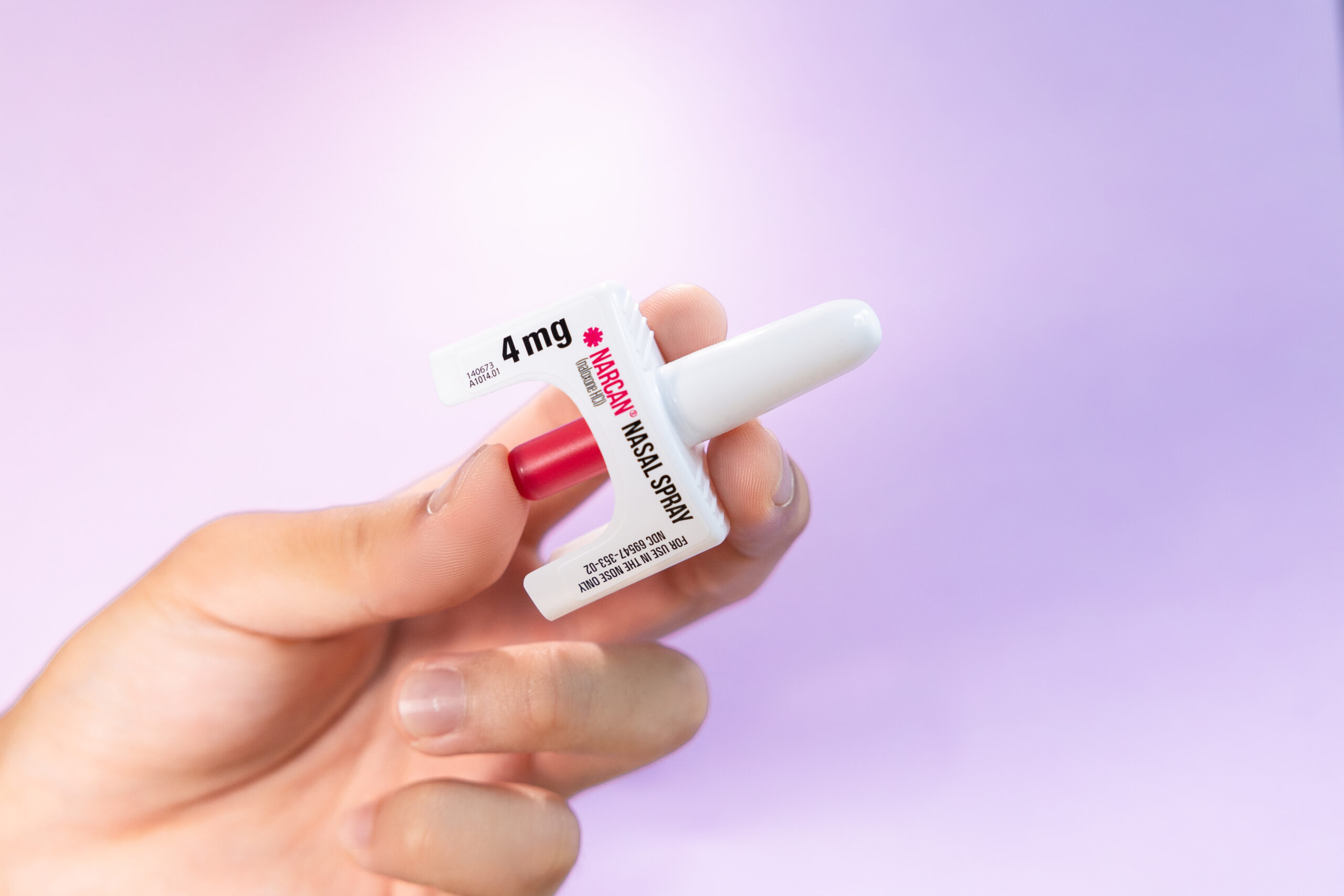
The Kansas Fights Addiction (KFA) program has awarded the Community Health Center of Southeast Kansas $200,000 for the distribution of free naloxone to prisoners in correctional facilities in southeast Kansas to reduce overdose deaths. The KFA program is distributing funds recovered from settlements awarded to states from the pharmaceutical companies responsible for the opioid crisis.
“We are grateful to the KFA Board for their support of our efforts to provide individuals and their families access to naloxone which has been shown to save lives in overdose situations,” CHC/SEK CEO Krista Postai said. “Equipping the population most likely to encounter individuals in crisis and saving them from premature death is a first step toward overcoming the addiction and healing these individuals and their families.”
Naloxone, or Narcan by brand name, is an intramuscular injectable or nasal spray antidote blocking the effects of opiates on the brain by restoring breathing. Naloxone typically acts in two to three minutes and will only work if a person has opiates in their system. It does not work with other overdosed drugs. A person cannot get “high” from using naloxone, and it is safe for practically anyone to use.
Illicit fentanyl is consumed unknowingly by users in fake prescription pills and is often found in common street drugs. Opioids slow or stop a person’s breathing, leading to death.
“Fentanyl is the deadliest drug threat our country has ever encountered,” said Eric Thomason, CHC/SEK’s Vice President of Behavioral Health. “More than 150 people die every day from overdoses related to synthetic opioids.”
If a bystander acts when it is first noticed that a person’s breathing has slowed or when the user cannot be awakened, there is time to call 911, begin rescue breathing (if needed), and administer naloxone.
“Ensuring access to naloxone works towards overall reduction in overdose risk,” Thomason said. “While some individuals knowingly consume fentanyl, there are many who are unaware that the illicit drug they are consuming has fentanyl in them.”
CHC/SEK launched a correctional medication-assisted treatment program in 2020 at Crawford County Jail which has now become part of CHC/SEK’s Correctional Health program. The program was one of the first, if not the first, in the state. The primary goal behind this program was to help provide resources to those who are trying to escape the cycle of addiction.
“Research tells us that if we can help get people sober, overall recidivism decreases,” Thomason said.


